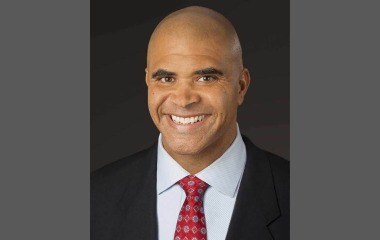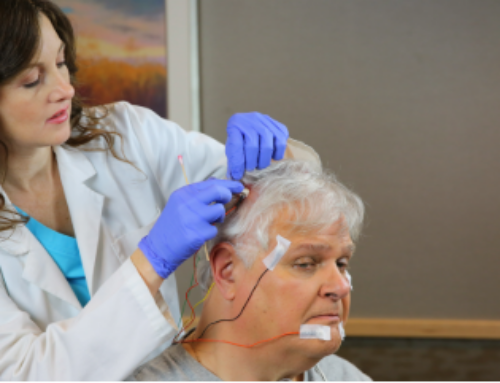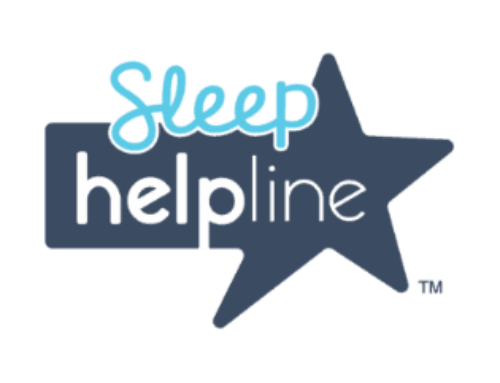CBS sports college football analyst Aaron Taylor understands the urgent need to detect and treat obstructive sleep apnea. Two of his close friends had OSA and died prematurely.
One of those friends was Reggie White, his teammate on the Green Bay Packers. White died in 2004 at the age of 43. Sleep apnea contributed to the heart condition that took his life.
“Even at a young age, ignoring the symptoms of sleep apnea leads to dangerous consequences – as I’ve seen firsthand for fellow players and friends who have struggled with this condition,” said Taylor.
As elite lineman, both White and Taylor had the size and strength to excel on the football field. But their size also put them at risk for sleep apnea. Excess body weight is the major risk factor for OSA.
Taylor also had one of the primary symptoms of sleep apnea: He had snored ever since he was in high school. Loud and frequent snoring is a common warning sign for sleep apnea. This snoring tends to be mixed with silent breathing pauses followed by choking or gasping sounds.
A sleep study eventually confirmed that Taylor has sleep apnea. Today he is successfully treating sleep apnea, using CPAP therapy at home and an oral appliance on the road. The effect on his quality of life has been remarkable. He has more energy and less daytime fatigue, which is another common symptom of OSA.
“I’ve experienced how sleep apnea treatment can dramatically change your life,” Taylor said.
Taylor is partnering with the AASM to raise awareness of sleep apnea. His passion is for young football players to understand their risk and seek medical help for suspected OSA.
“I want current and future athletes to understand the serious risks of this disease and know this isn’t something you have to live with,” he said.
Obstructive sleep apnea is a common and serious sleep illness. Sleep apnea increases your risk for high blood pressure, heart disease, Type 2 diabetes and depression. It even increases your risk of death.
Treating OSA reduces your health risks and improves your quality of life by restoring healthy sleep. This increases your daytime alertness and concentration, gives you more energy and reduces feelings of depression.
Use the Snore Score (located in the sidebar) to see if you are at risk for sleep apnea. Get help for sleep apnea at an AASM accredited sleep center near you.





